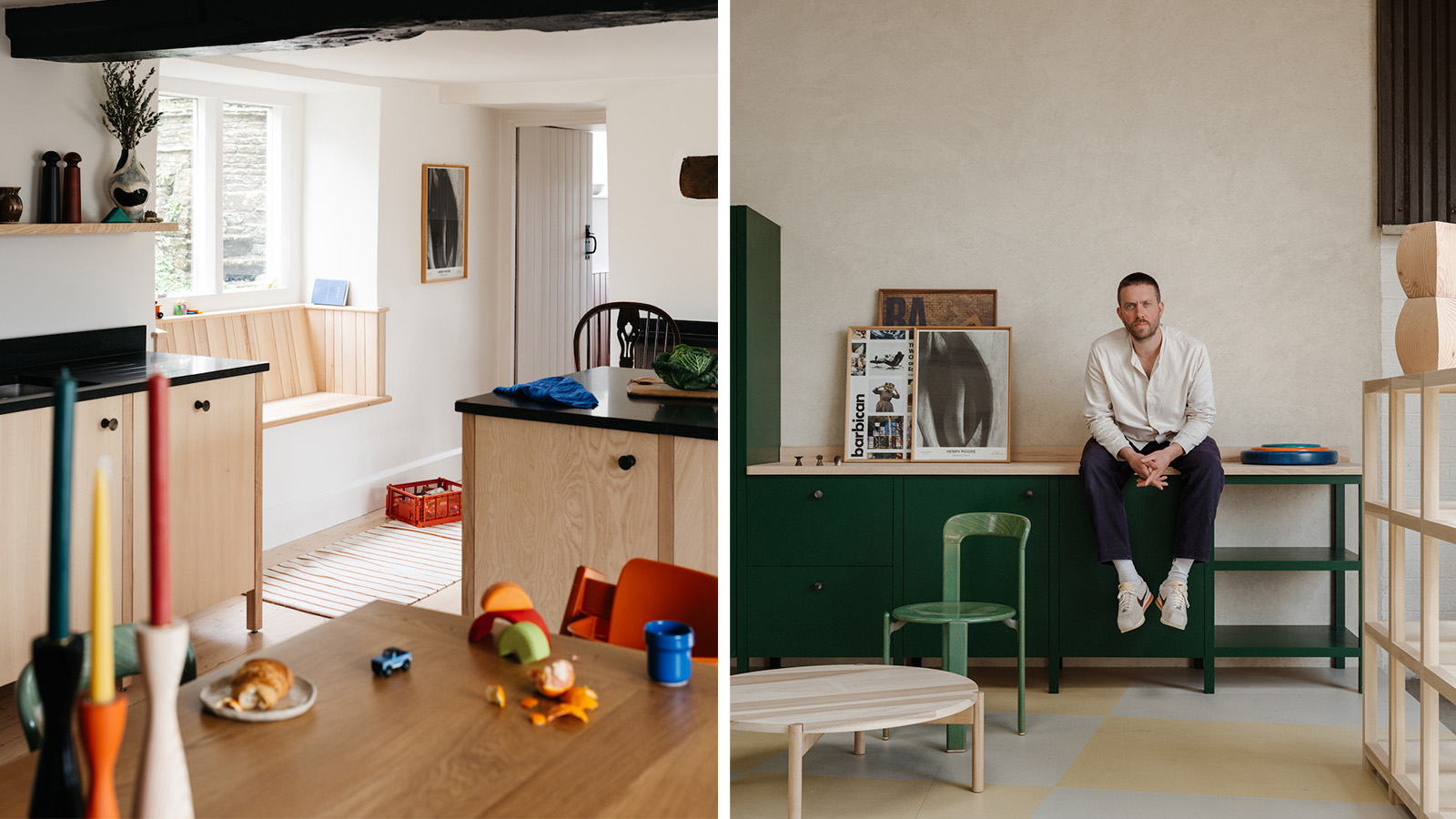
Somer is a fledgling low-carbon furniture system founded by British joiner and timber manufacturer William Floyd-Maclean. Launching in September 2024, the project is born from years of Floyd-Maclean’s woodwork experience with esteemed collaborators including Hayatsu architects, Tuckey Design Studio and the Royal Academy. He has distilled a succinct design philosophy based on three simple tenets: aesthetics, sustainability and accessibility.
Discover the innerworkings of Somer
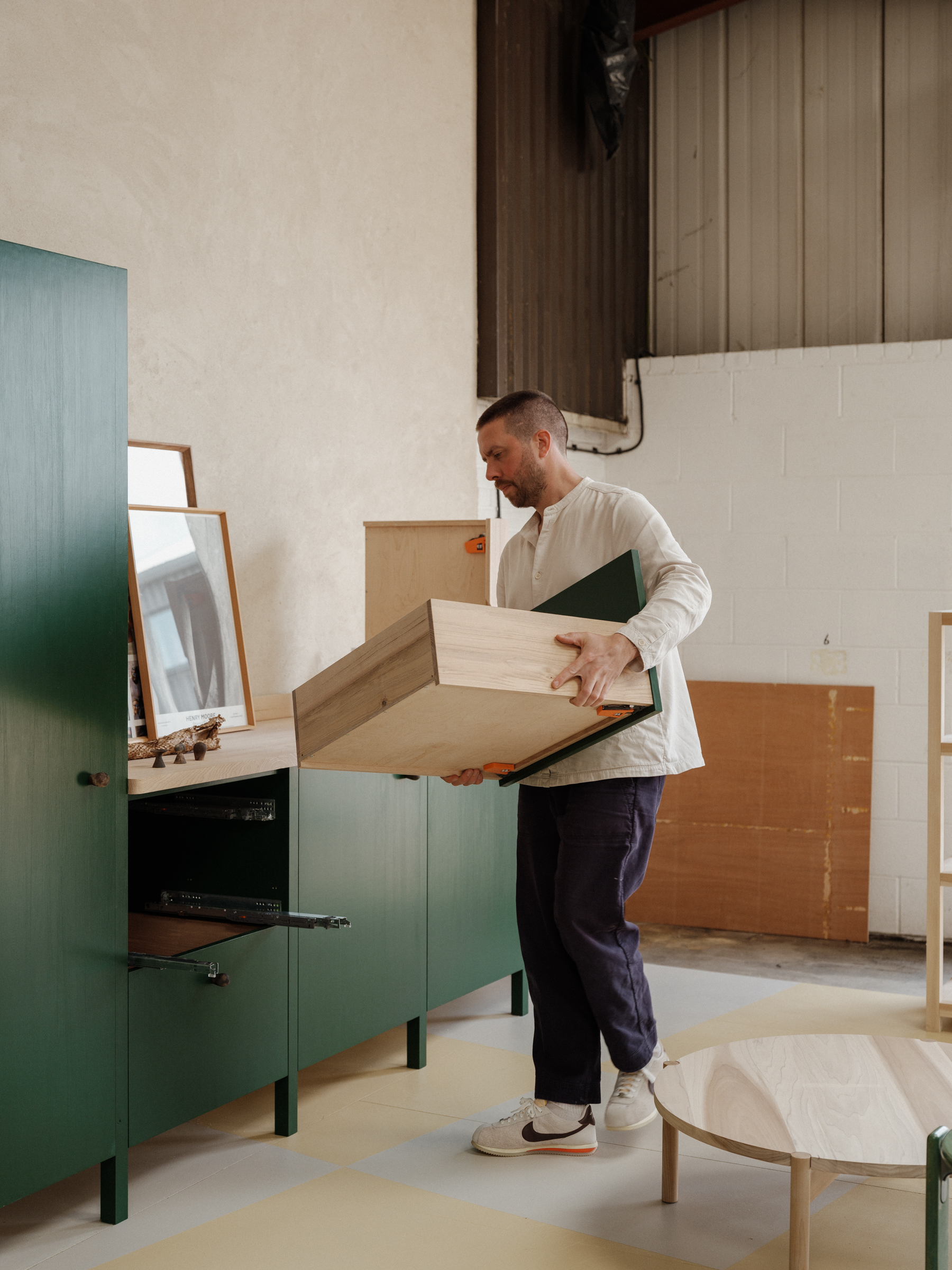
Somer is an elegant solution that speaks to each of these creative needs. It is a modular system, comprised only of timber components using local wood. Using commercially accessible materials helps to keep costs and prices relatively low. The component parts assemble into a series of freestanding cabinets, with a range of natural oils, stains, or painted finishing options.
Such is the system design that cabinets are widely adaptable, with a variety of configurations and uses, allowing furniture to be shaped according to the living space and allowing buyers to keep their favourite pieces when moving home, upscaling or downsizing. Timber joints and joining mechanisms mean the pieces don't deteriorate with assembly and disassembly, as tends to be the case with too much self-assembly furniture.
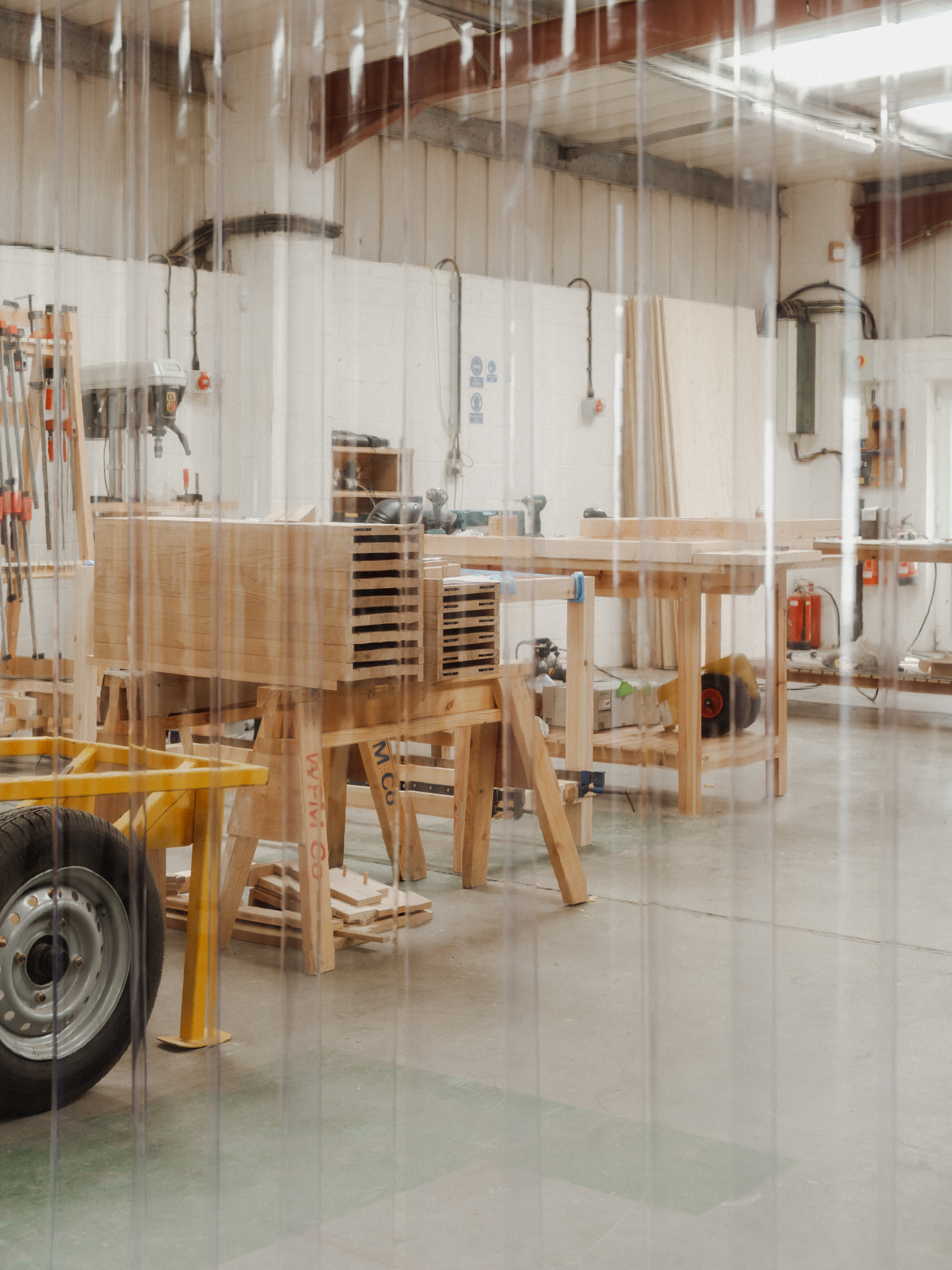
So far so sensible, but the more intriguing part of the project is Somer’s ambitious buy-back scheme. Floyd-Maclean describes the modular system as rooted in reuse, and therefore saving furniture from being scrapped. By offering the opportunity for customers to sell their used components back to Somer, providing they are still in workable condition, the scheme hopes to start a circular economy of timber parts to cut waste, setting a bold example for future furniture manufacturing.
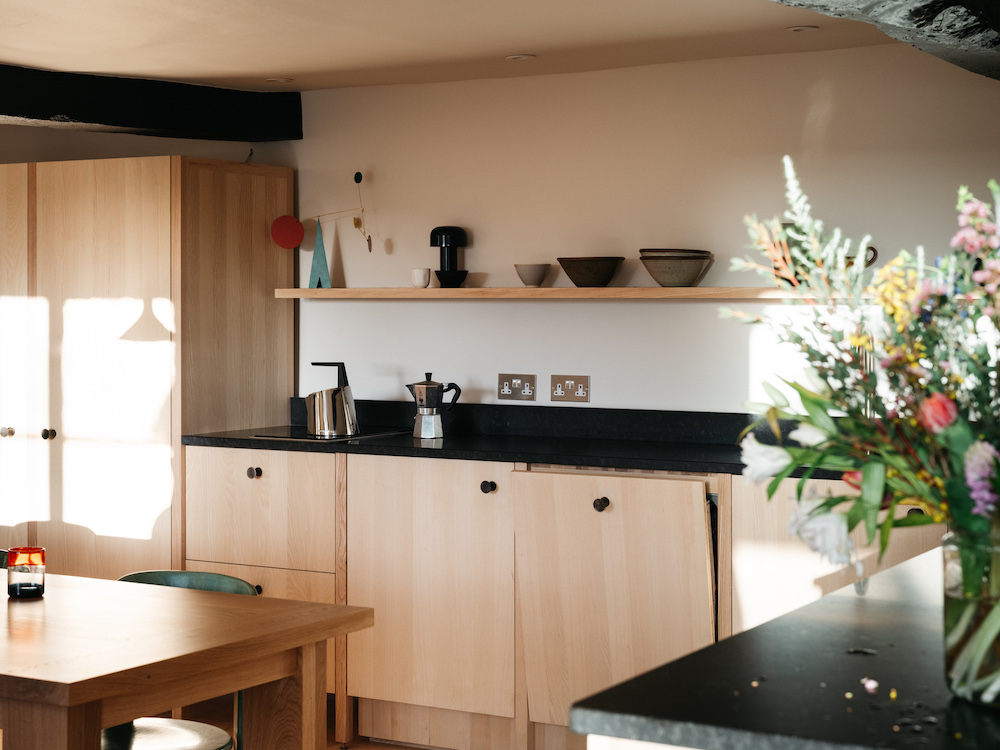
For Floyd-Maclean, being a designer is about shaping consumer behaviour and leaving a lasting impact beyond the immediacy of how his products are used. Somer was founded on thinking long-term, increasing the lifespan of furniture by incorporating a philosophy of reuse into its design from the ground up. Instead of feeding the landfills of throwaway culture, the system wants to encourage buyers to care for each of its parts.
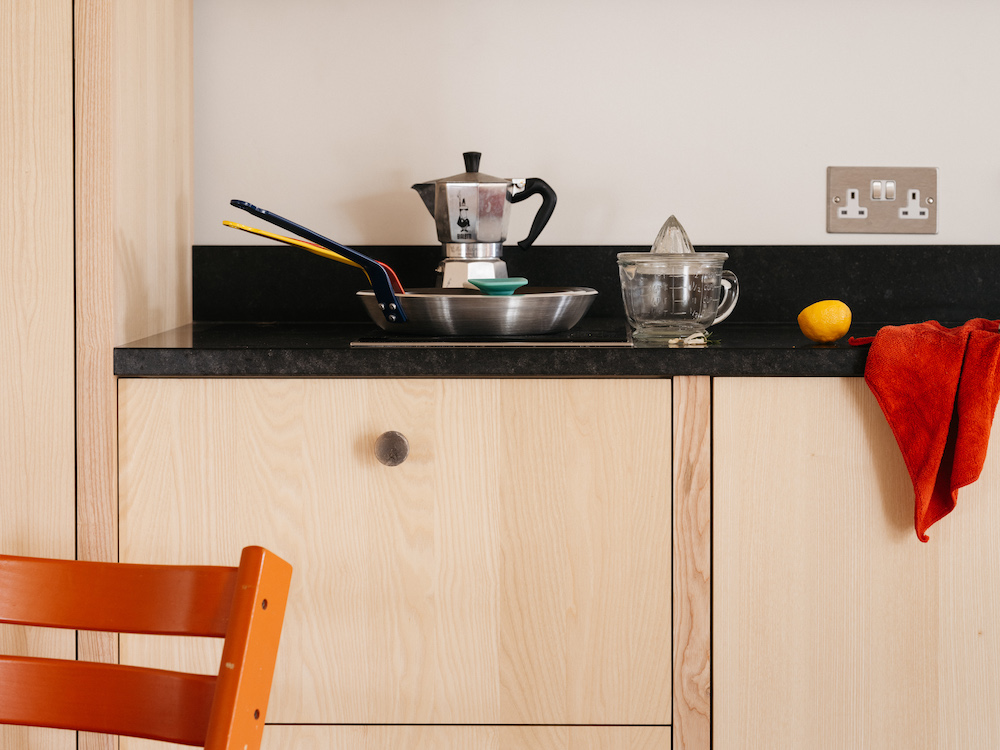
The carbon neutrality of timber relies on its products being shared beyond the lifespan of a single owner, much like Somer’s own reusable modules, nurturing interconnectivity between consumers, designers, and the biosphere at large. As Floyd-Maclean puts it: 'Designers have a responsibility to shape the future of how we can consume things… to shape the future in that sense, and it’s extremely important.'
somerfurniture.com







